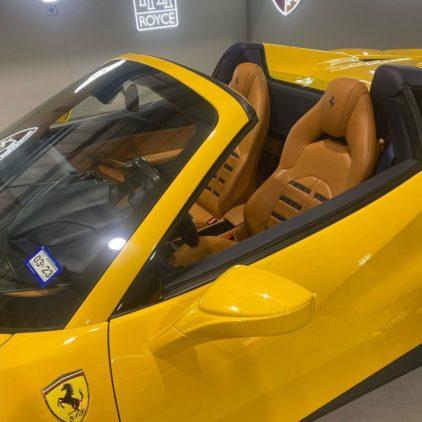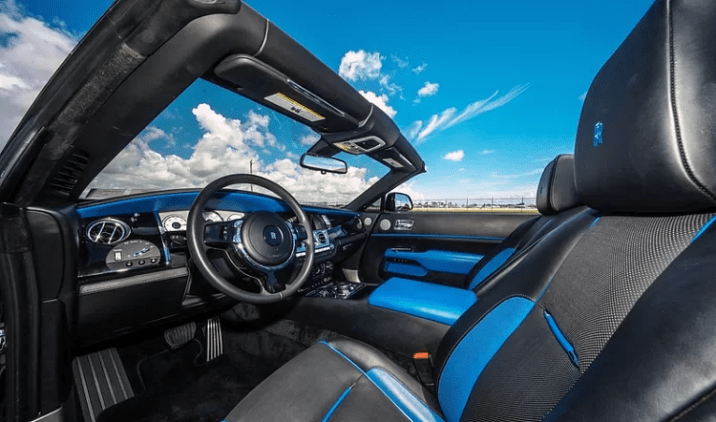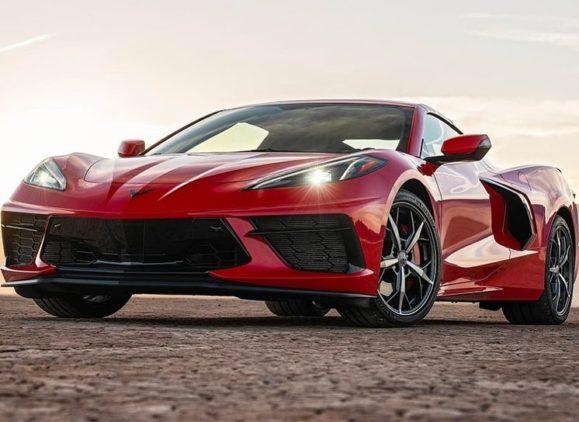Social Media and Exotic Cars
Social media has had a profound impact on many aspects of our lives, and the promotion of exotic cars is no exception. In recent years, the rise of social media platforms such as Instagram, Facebook, and YouTube has given car manufacturers and dealers new and exciting ways to promote their products to a wider audience. In this blog post, we will explore the role of social media in the promotion of exotic cars and how it has changed the way car manufacturers and dealers reach their customers.
One of the most significant ways social media has impacted the promotion of exotic cars is by creating new opportunities for brand exposure. Social media platforms have given car manufacturers and dealers the ability to reach a much larger audience than they could through traditional advertising methods. They can share images and videos of their latest models, showcase the unique features and capabilities of their cars, and interact with potential customers in real-time. This increased exposure has helped to build brand awareness and drive sales for many car manufacturers.
Another way social media has impacted the promotion of exotic cars is by giving consumers access to more information about the vehicles they are interested in. Through social media platforms, car manufacturers and dealers can provide in-depth information about the features and capabilities of their cars, as well as answer any questions potential customers may have. This allows consumers to make more informed purchasing decisions and gives car manufacturers and dealers the opportunity to build a relationship with their customers.
Social media has also changed the way car manufacturers and dealers engage with their customers. Through social media platforms, they can interact with their customers in real-time, responding to questions and comments, and providing them with the information they need to make a purchasing decision. This level of interaction has created a more personal connection between car manufacturers and dealers and their customers, which can help to build brand loyalty and increase sales.
The use of influencer marketing has also become a popular way for car manufacturers and dealers to promote their exotic cars through social media. By partnering with influencers who have a large following, car manufacturers and dealers can reach a wider audience and promote their products in a more natural and organic way. This type of marketing has proven to be effective in building brand awareness and driving sales, as people are more likely to trust recommendations from people they follow and admire.
Finally, social media has changed the way car manufacturers and dealers measure the success of their marketing efforts. With traditional advertising methods, it can be challenging to track the impact of a particular campaign or ad. However, social media platforms provide manufacturers and dealers with detailed analytics, allowing them to track the engagement and reach of their posts and see how their marketing efforts are impacting sales. This information can be used to make data-driven decisions about future marketing campaigns and improve the effectiveness of their promotions.
In conclusion, social media has had a significant impact on the promotion of exotic cars. It has given car manufacturers and dealers new opportunities to reach a wider audience, provided consumers with more information about the cars they are interested in, and changed the way car manufacturers and dealers interact with their customers. Whether you’re a car manufacturer, dealer, or consumer, social media has changed the way we think about exotic cars and the role they play in our lives.


